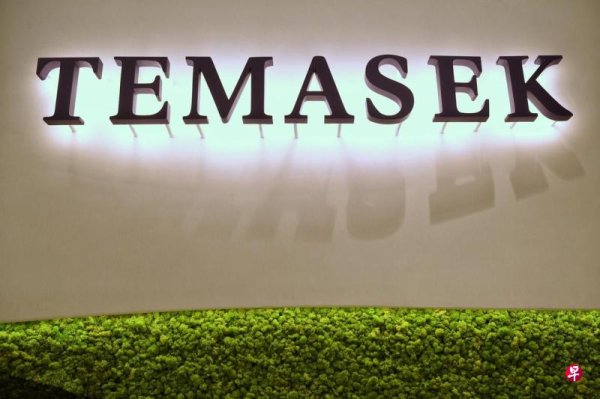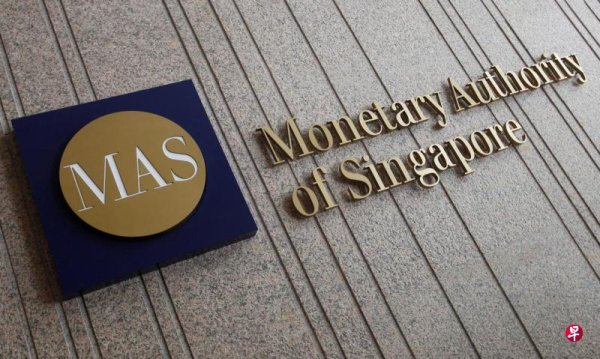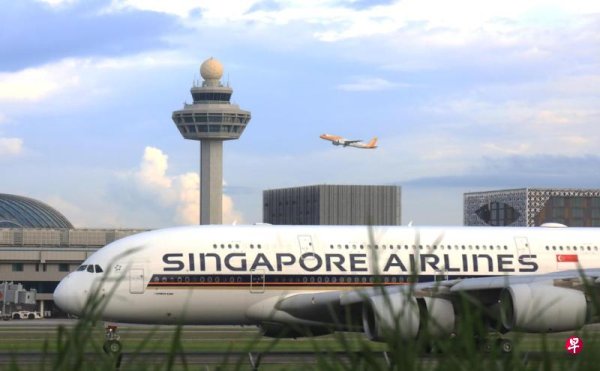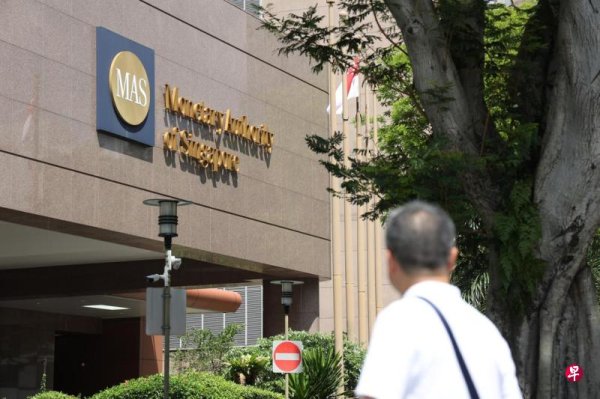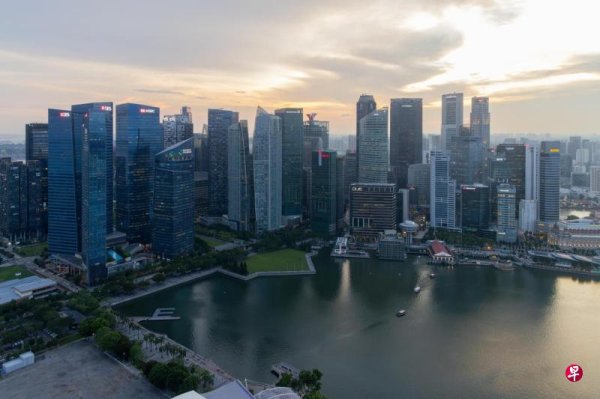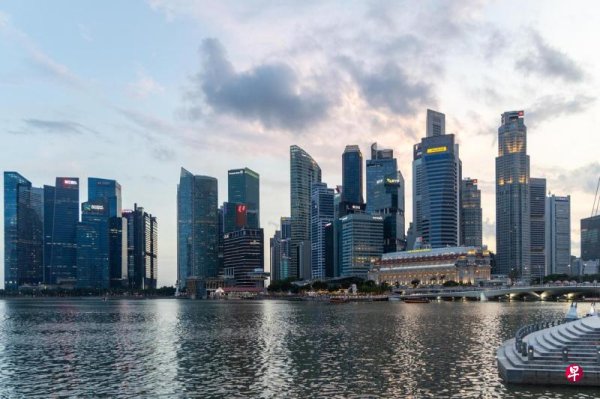IMF Delegation: Singapore s fiscal and monetary policy moderately supports local economy
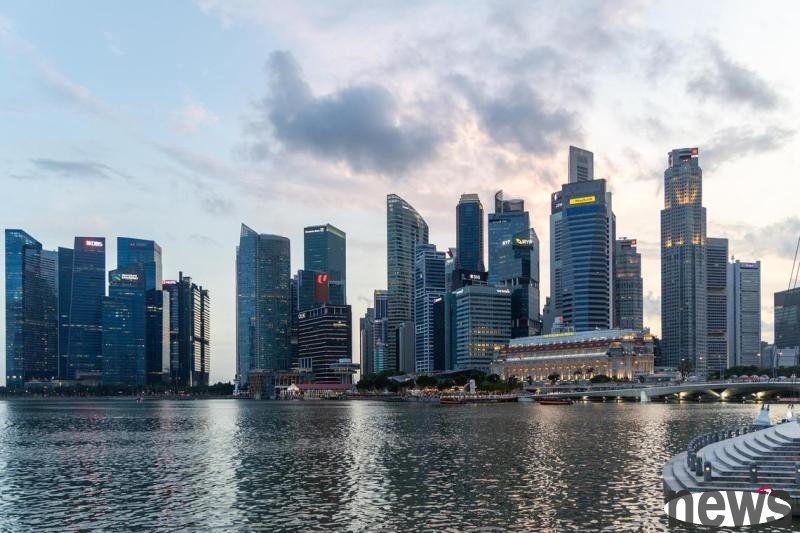
Against this backdrop, the Monetary Authority of Singapore moderately relaxed its monetary policy in January and April. The Delegation pointed out that in light of inflation, slowing economic growth and idle production capacity in the economy, the HKMA still has room for further relaxation of monetary policy in the short term. However, given the huge uncertainty in the inflation outlook and the upward and downward risks, the Delegation believed that the HKMA should remain vigilant and determine the speed and extent of the policy easing based on the data.
After visiting Singapore this month, the International Monetary Fund (IMF) delegation believed that Singapore's fiscal and monetary policy was moderately supporting the economy. Singapore has ample fiscal space to provide additional temporary and targeted support when the downside risks of economic growth arise.
Singapore has sufficient fiscal space to provide targeted temporary financial support when downside risks arise.
The statement stressed that the preliminary results express the views of the IMF personnel and do not necessarily represent the views of the IMF Executive Council.IMF personnel also believe that in the context of slowing economic growth, increasing idle economic capacity and rising downside risks, the expansionary fiscal policy in fiscal year 2025 (April 2025 to March 2026) is appropriate to support households and businesses to alleviate economic pressure, while increasing infrastructure spending will support domestic demand and help promote long-term growth.
The IMF's "Article IV mission" delegation visited Singapore from 5 to 15 May to discuss with the authorities and other stakeholders. After the delegation completed its visit, it expressed its views on the preliminary results on Thursday (May 15).
It said: "There is a high degree of uncertainty in this forecast, reflecting the rise in global economic and policy uncertainty. As global trade tensions may escalate further and global financial conditions sharply tighten, economic growth risks are significantly downward. Although inflation risks are downward due to weaker global and domestic economic growth than expected, potential upward risks in inflation, including possible supply chain disruptions, should also be monitored."
The Delegation stated that the recent escalation of trade tensions and the subsequent surge in global policy uncertainty had significantly weakened Singapore's economic outlook. Singapore's economic growth is expected to slow to 1.7% in 2025, while inflation is expected to remain moderate.

